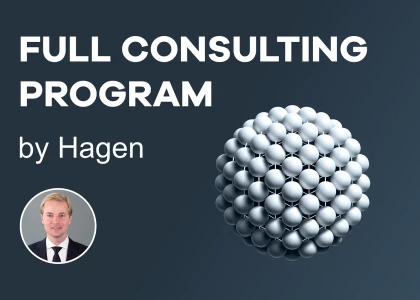Hi all, I just joined BCG as a post MBA hire with some years of corporate experience. I would like to hear your advice on: how can I compete with home grown consultants who joined straight out of college and already has many years of consulting experience?
On one side, I need to pick up the core consulting skills fast. The skill demand and also time frame for consultants to start doing acting project lead is quite fast (around 1.5 years). It might be challenging to be better on the technical side compared to home grown consultants. And on the other hand, corporate experience often has nothing to do with the real project work (although some skills is some how transferrable).
What is the best way to navigate my first 2 years as consultant at BCG? How can I find my positioning vs. other consultants with more consulting experience/technical skills? Thank you!




















